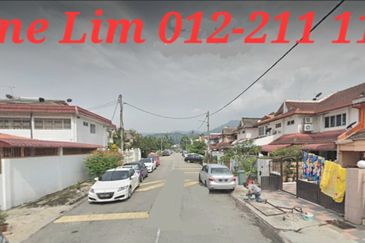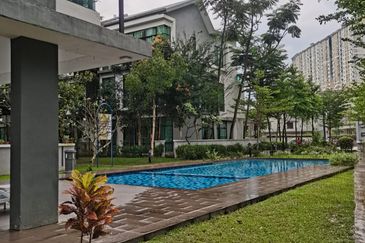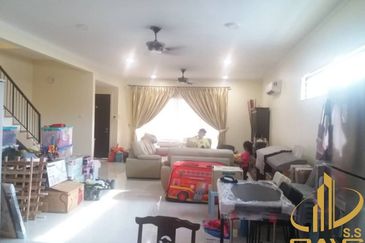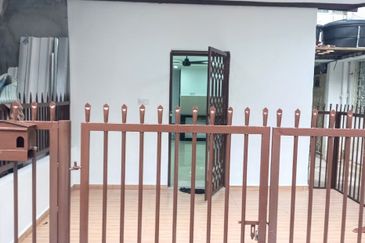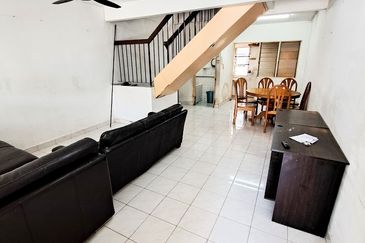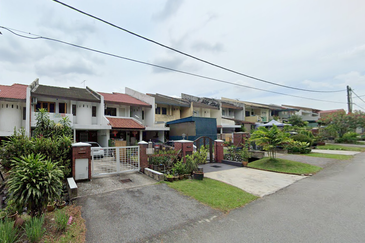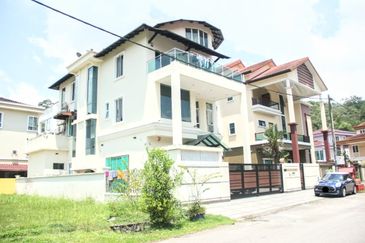
The Penang Real Estate and Housing Developers Association (Rehda) has called on the state government to look into development charges and various requirements imposed on developers and the industry in view of declining property sales.
Rehda chairman Datuk Jerry Chan said the association was appealing to the government, local authorities and agencies to understand challenges developers face in uncertain economic times, and maintain construction and compliance costs by not imposing further new or increasing contributions and charges.
He said there had been a lot of unhappiness among developers with the new changes to the development charges introduced in Penang, and the state needed to reduce them.
“Developers have been dealing with the tripling of development charges since 2010... We have had to deal with huge escalations in contributions for low-cost and low-medium cost homes where we are unable to build.
“We have had to deal with large contributions in lieu of new public amenity requirements. We are facing old charges increased multiple times. If that is not bad enough, new charges are introduced at higher and higher rates.
“In the past, a lot of people could be cynical and say that developers could just transfer the increased cost to the buyers.
“However, buyers today are saying: ‘Wow, your price is so high, we cannot buy’. So, the state has to re-examine those charges and how high they are,” he said in a media briefing called by the association this morning at Menara IJM.
Chan said Penang should not be charging developers market rate for public amenities because the requirement had been forced on them in the first place.
The question of land and affordable housing
He also said there was now an attempt by the state to impose affordable housing on developers on mainland Penang.
“When we buy land, say 10 acres (4ha), we cannot tell the landowner that 30% of his land has no value because it has to be the site for low-cost housing, and 20% to 30% also has no value because we have to build affordable housing on it.
“The landowner will still demand we pay the full market price for his piece of land. But developers cannot make full use of the lands they buy because they have to give up portions for public amenities, low-cost and affordable housing.
“Where does it end? At the end of the day, everyone will have to carry the burden forced on private developers. This is a big issue we have all had to deal with,” he said.
Chan said Penang Rehda was appealing to the state to consider its predicament and help it find a way out, such as paying the charges in instalments because many developers faced cash flow problems, especially those whose projects could not be sold.
“Without the advertising permit, do we build or not build? If we build, can we sell the units? Do we do a build-and-sell? Will the state help?”
He said the increase in charges had contributed to the high property prices in Penang, which many locals could not afford, so the state should not increase them further.
“We feel that there has to be dialogue and consideration of the implications before anything is done. We see that it is not done. We see that they make a decision and you (developers) pay. We feel it is wrong,” he said.
Chan said developers have been experiencing a slowdown in property sales due to cooling measures, namely the 70% loan-to-value ratio, goods and services tax, higher real property gains tax and the responsible lending guidelines introduced by Bank Negara Malaysia.
Developers, he said, are affected by the increased cost of doing business, such as the higher conversion premium, higher compliance costs and higher infrastructure contribution funds they have to pay these days; and when buyers fail to secure loans to buy the units.
Loan application rejections on the rise
He also said the rate of loan application rejections was on the rise.
“Banks should give a higher percentage for loans, especially for first-time house buyers. Banks now base the loan on the current salary of the applicant but salaries increase over the years, so the ability to pay back the loan will be greater.
“As we know, prices of property have never decreased since Merdeka. Has any bank ever suffered if it has to auction off a property? If not, then they are not at a loss, and they can afford to approve the loans,” he said.
Chan said banks should also consider that affordable homes were subsidised and sold below the market value to loan applicants, so if it ever came to auctioning off the property, they could find bidders willing to pay higher than the original selling price the defaulter took a loan for.
Rehda deputy chairman Datuk Toh Chin Leong suggested banks be more flexible by offering loan applicants a staggered plan.
“For the first two years, they pay one amount each month like RM600, and then for the third and four year, they pay a higher amount like RM800.
“As the years pass, people get married, have joint incomes, higher salaries and they will be better able to furnish their loans. This is a more creative way that banks can consider, if they want to help first-time buyers,” he said. -- The Malaysian Insider
TOP PICKS BY EDGEPROP

Bandar Puncak Alam
Bandar Puncak Alam, Selangor

Bandar Puncak Alam
Bandar Puncak Alam, Selangor
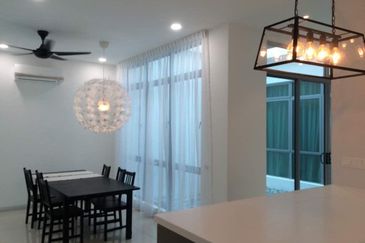
Liu Li Garden, Setia Eco Glades
Cyberjaya, Selangor

LakeFront Residence Cyberjaya
Cyberjaya, Selangor
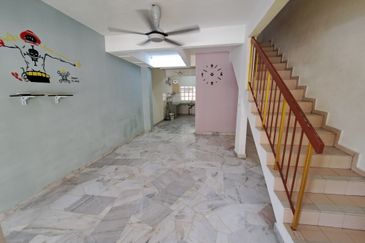
Jalan Perlak 5
Bandar Baru Sri Petaling, Kuala Lumpur
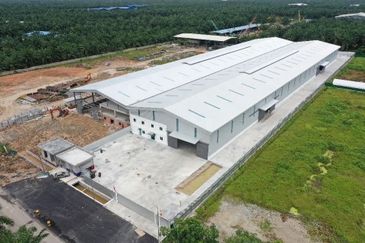
Telok Panglima Garang Industrial Zone
Telok Panglima Garang, Selangor
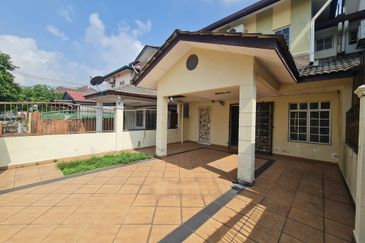
Bandar Kinrara 4
Bandar Kinrara Puchong, Selangor


